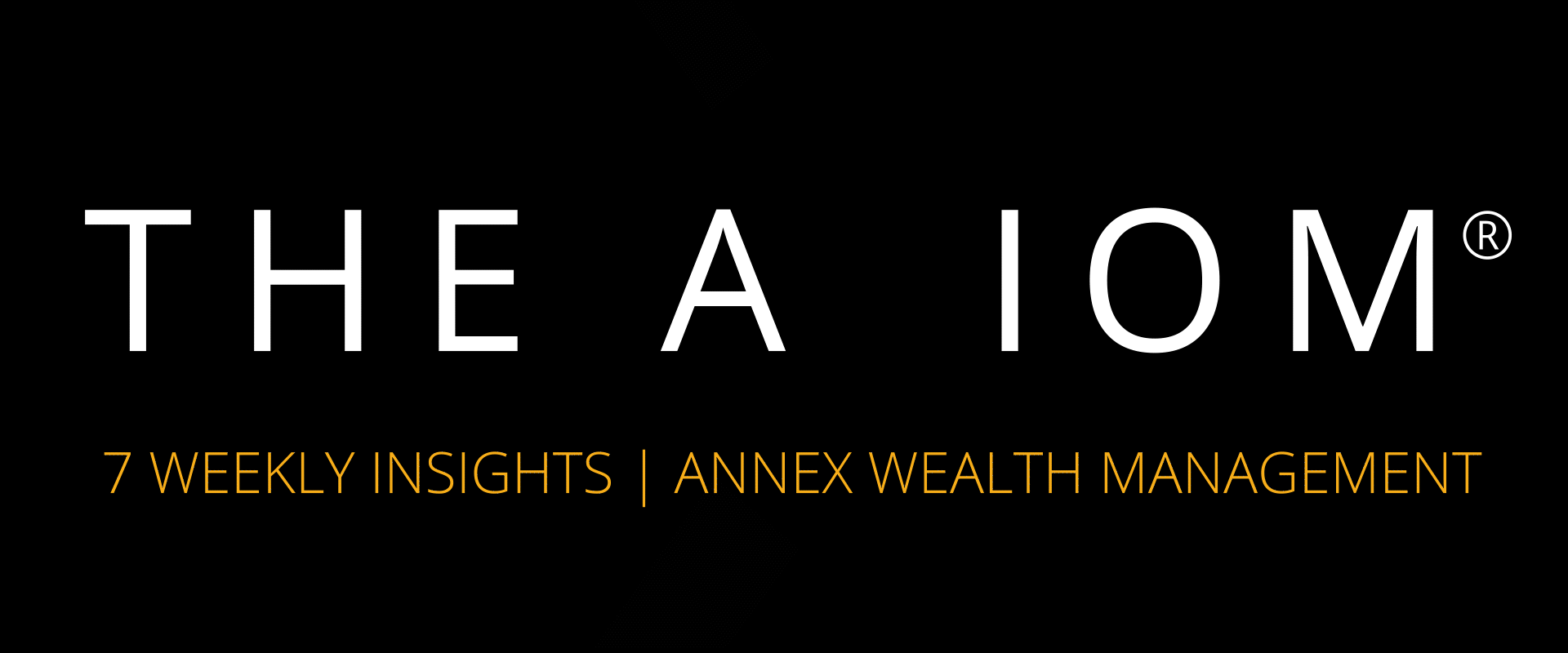
Friday’s PPI numbers indicated that inflation is still burning hot, but some indicators show inflation is receding. How will the Fed react next week? Is a recession imminent? Annex Wealth Management’s Dave Spano and Derek Felske discuss.
Last week we asked our readers, specifically those of whom are already retired, if they find it hard to spend money after saving for so many years.
23% said they don’t find it hard, 11% hadn’t thought about it, which means 66% of polltakers struggle with the transition from saving to spending.
Adjusting to a new lifestyle is no easy task, and to go from “SAVE SAVE SAVE” to “now SPEND” can take a bit of getting used to. Regardless of whether there’s more than enough funds saved up to last retirement, there’s the oft-forgotten mental side of spending in the post-work years.
Deanne Phillips, CFP®, CDFA®, ABFPsm, spoke to Danny Clayton about The Psychology Of Spending In Retirement, and elaborated on why the transition can be difficult for many. Take a look and see if Deanne’s insights may apply to you!
GET STARTED →
BACK TO TOP ↑
Consider If You Need Life Insurance

Part of financial planning involves hard questions that often carry heavy emotional weight, like:
- What would happen to your family if you were to die suddenly?
- Are they dependent on your income from work?
- Will your family have enough for other expenses?
No one likes to consider severe personal tragedies, but answering tough questions honestly is the sort of thoughtful, deliberate planning that may give you and your family peace of mind.
The centerpiece of a financial plan is income from work. Your income funds financial goals, such as saving for college, retirement, new automobiles, and family vacations. Work income also often funds expenses such as mortgage payments, groceries, braces, medical expenses, utility payments, loan payments and the list goes on and on…. In many cases, without your income, your family will likely face financial stress at some point in the future.
This week’s MoneyDo: Consider If You Need Life Insurance.
Most financial plans assume you’ll continue to earn income from today until retirement. If you die, your income goes away, and therefore it should be protected with a life insurance policy.
An example: assume you’re 55, plan to retire at 65, and are married with 2 kids in college. In this scenario, currently, your income is sufficient to fund all your goals and monthly expenses. Your financial plan assumes you’ll be financially independent at retirement, and income will no longer be necessary. Therefore, if you were to die tomorrow, it’s your responsibility to replace your income for the next 10 years with life insurance.
So, the simple answer to the first part of this week’s MoneyDo is, in the scenario we’re considering, you do need Life Insurance. Now, it’s time to consider how much. The quick answer is 10 to 12 times your income will adequately protect those dependent on your income.
Of course, the closer you get to retirement, the less insurance you’ll likely need. For a more detailed estimate, consider talking to a financial planner who can give you a comprehensive analysis of your life insurance needs.
That’s just one scenario – you’ll learn there are other instances where life insurance is needed as well. A couple of examples are:
- Business owners: If you were to die, is there an agreement, e.g. a buy/sell agreement, to help provide liquidity to your business partners and your estate? Life insurance can be used to help another party in the business purchase your interest from your estate, making the distribution of your business assets to your heirs easier.
- Large Estates: Some estate planning techniques can be implemented with life insurance to help manage the estate tax. If structured properly, life insurance can pass estate tax-free to your heirs, and can be used to pay final expenses.
There are many different types of life insurance, but the most common types of life insurance are term, whole, universal, or variable life insurance. A brief description of each:
- Term Life Insurance: The coverage will last for a given time period; for instance, 30 years. You’ll pay annual premiums until the term ends, and after that the policy terminates. There’s no accumulated cash value (a savings component of a life insurance policy). Since there’s a finite term and no additional savings, the premiums tend to be less expensive.
- Universal Life Insurance: Like term life insurance, but with several other additional features or options, including a cash value accumulation feature. Premiums can vary depending on the cash value amount.
- Whole Life Insurance: Provides guarantees from the insurer not found in term or universal life insurance. If the premiums are paid, the policy will remain in force during the life of the insured regardless of cash value. Because of these guarantees, premiums tend to be more expensive.
- Variable Life Insurance: Much like a universal life insurance policy, but with one major exception: variable insurance policies permit the owner to direct the investment of the policy’s cash value. Therefore, these policies contain investment risk.
If you are wanting to consider life insurance but don’t know where to start, the team at Annex Wealth Management is here and ready to help at any time.
BACK TO TOP ↑
Kick Off 2023 With A Real Financial Plan
You don’t need a miracle; you need a plan. Schedule a 30-minute call with our team and find out how Annex Wealth Management can help you.
BACK TO TOP ↑
What are the disadvantages of probate? Should I wait until the market recovers to rollover a 401k? 401k splits – how much to Traditional, how much to Roth? Taxes on a side hustle. Annex Wealth Management’s Jill Martin, JD and Sarah Kyle provide answers.
BACK TO TOP ↑

BACK TO TOP ↑
BACK TO TOP ↑






